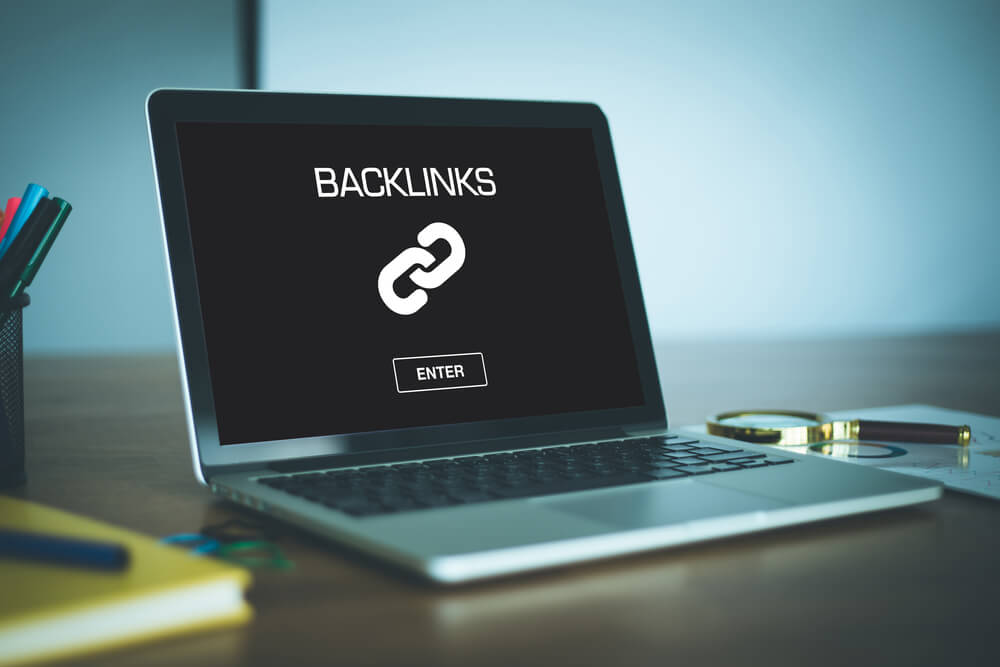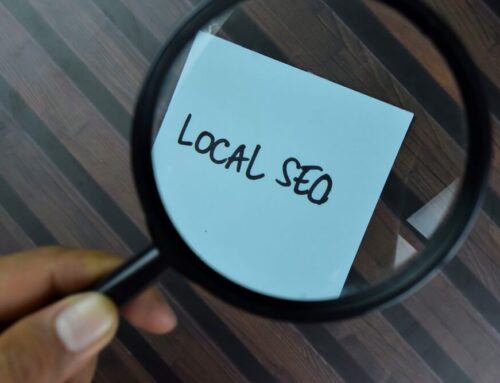Backlinks are crucial to growing a website’s traffic. First, they are one of the main signals Google uses to determine what web pages appear first in SERPs. The more the backlinks a web page has from reputable authoritative websites, the more credible and relevant Google considers it for a given keyword. Second, backlinks from high traffic sites will direct a considerable number of visitors to your web page seeking more information.
Accumulating quality backlinks is certainly a goal every website owner should aspire to. How do you do that for your local business though? The following are 4 practical tips to get you going in the right direction. For a more exhaustive look at building quality backlinks, check out OutreachMama.
1. Guest Blog for Industry Publications and Sites
You may run a local business but you have a lot to gain from guest blogging on relevant industry sites especially for your SEO objectives. Industry websites likely have substantial online clout and are seen as subject-matter authorities by search engines. Backlinks on industry sites don’t just drive traffic but they also elevate your brand by association.
The largest industry sites will receive numerous requests for guest blogging. Ergo, direct your efforts at mid-tier websites. Also, look at your suppliers, distributors, and partners who run blogs of their own. It’s going to be much easier to convince them since you already have a business relationship.
Irrespective of the site you want your post published, pitch a unique compelling topic. It should add value to their site but still provide the right context for a link back to your web page.
2. Sponsor Local Events and Causes
The geographical area your business caters to must have certain community events, activities, and causes that need sponsorship. Usually, when you sponsor an event or cause, the benefits would include a link back to your site. The advantage of local events is that it doesn’t make a huge contribution to be considered a tier 1 or tier 2 sponsor.
Start by looking at traditionally established charities as these would enjoy a strong reputation in the community. Extend your research to schools, sports events, seminars, and exhibitions. Not just any event will do. The most ideal is one that resonates with your brand. Paint a profile of your target customer and look for a cause they will latch onto.
3. Connect with Local Bloggers

Internet access in the United States and other advanced economies is near ubiquitous. One of the consequences of that is vibrant, hyperlocal online communities. No matter where you are, there’s almost certainly one or more blogs that draw a sizable audience of locals.
Usually, such blogs are small one- or two-person outfits. They won’t always have the time or energy to churn out content regularly for their readers. You can always be the hero they need by sending suggestions on topics they can cover. It doesn’t have to be something related to your business at this point. The key to this early engagement phase is to create a genuine connection.
Subscribe to their blog and comment on their social media posts. Make it clear though what local business you run. Pay attention to what they write about and offer to do a blog post once in a while. Focus on areas that are relevant for their site but are still appropriate for you to include a link to your web page.
4. Use Social Media
Social networking is where plenty of online user engagement happens nowadays. A quick glance of the world’s most popular websites and most popular apps shows just how dominant social media has become. Better yet for local businesses, social media apps like Facebook prioritize local friends and follow suggestions.
For link building, start by reviewing your business’ social media profiles and ensure each has your URL. Next, post regularly—preferably at least once a day. Not every post must have a link to your site through the vast majority should. You want your posts to have a casual feel and not excessively promotional. The idea is to eventually get social media as a source of natural unsolicited links.
Link building just could be the thing that draws the attention of a local target market to your business. Apply these tips consistently and it shouldn’t be long before you see the results of your effort.
SOURCE: Appclonescript










